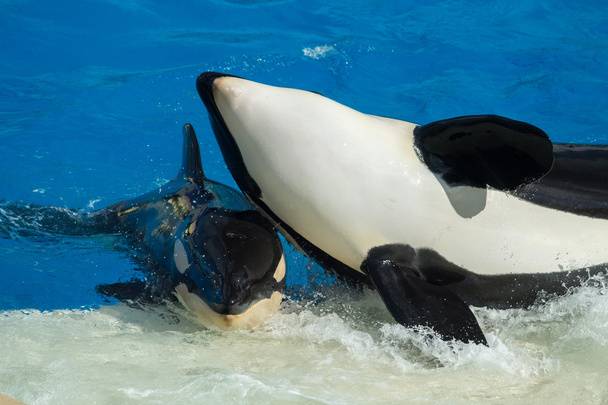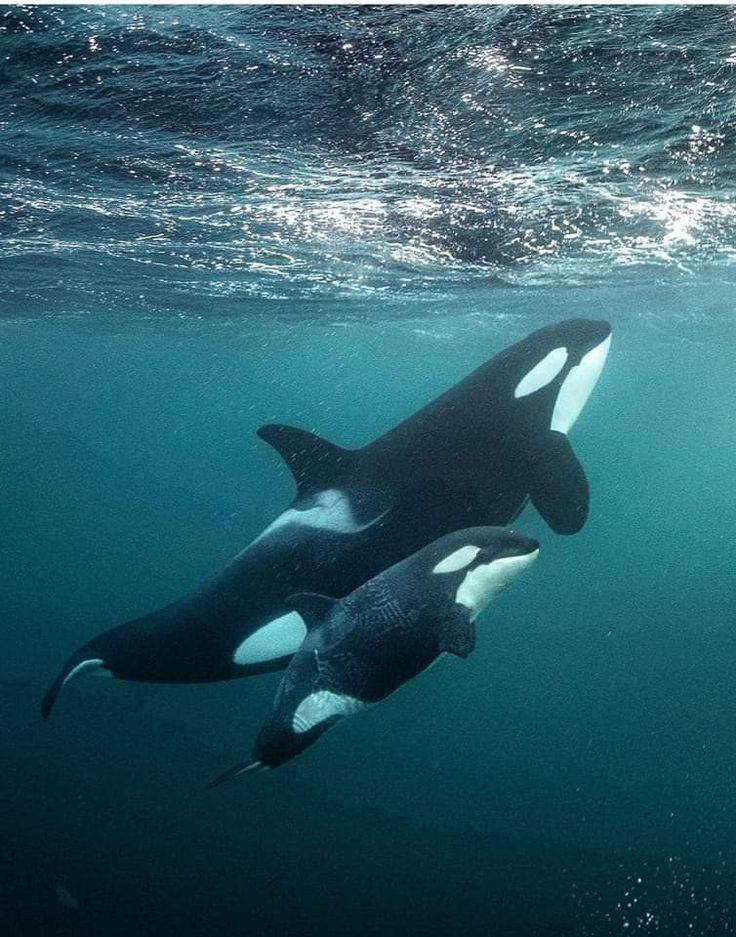Orcas and Scientific Research
Orcas, or killer whales, are smart, social sea creatures that scientists have studied for years. Research on orcas teaches us about their actions, environment, and how to protect them. We explore how people have studied orcas, from early discoveries to today’s methods.
Importance of Scientific Research on Orcas
Studying orcas is very important for learning more about them. Scientists look at how they act, live, and their body functions. This helps us learn about orcas, their groups, and their lives in the sea. The knowledge we get is key to protecting them and helping to keep the ocean healthy.
History of Orcas in Scientific Research
Early Studies on Orcas
Researchers started studying orcas in the mid-20th century by watching them in their natural habitat. They first noted what orcas ate, how they interacted with each other, and where they traveled. These early notes were crucial for the detailed studies that followed.
Landmark Discoveries and Breakthroughs
Years of research on orcas have uncovered crucial findings. Scientists realized that orcas use vocal sounds to communicate. Each orca pod makes its own set of calls, clicks, and whistles. This revealed how complex their social interactions are. It also opened up new opportunities for study.
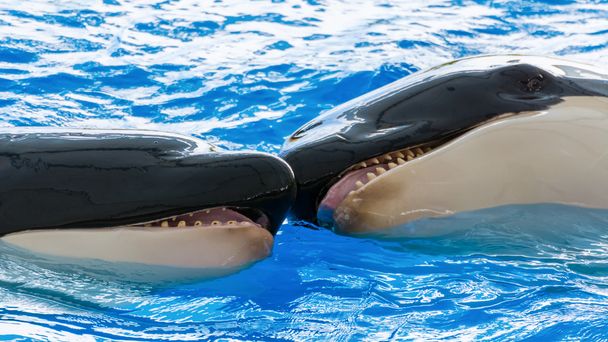
Methods and Techniques Used in Orcas Research
Observation and Data Collection
Scientists use observation and data collection to study orcas. They watch orcas in their natural habitats for many hours. They record how orcas behave with each other, what they eat, and where they move. By watching their daily activities, scientists learn about the orcas’ social lives and their complex social structure.
Tagging and Tracking Technologies
Tagging and tracking technologies are important for learning about orcas. Researchers attach satellite or acoustic tags to some orcas. They then monitor where these orcas go, how deep they dive, and their migration routes. These advanced tools give researchers information about the orcas’ habitats, what they eat, and how changes in the environment affect them.
Genetic Analysis
Genetic analysis is now crucial for studying orcas. Scientists use DNA samples to figure out how orcas are related to each other. They can also identify different groups of orcas and measure their genetic variety. These discoveries support the protection of orcas. They also improve knowledge about how orca populations change over time.
Insights Gained from Orcas Research
Social Structure and Communication
We have learned a lot about orcas through science. Research shows that orcas live in family groups called matrilineal pods. Here, they stay with their mothers for their entire lives, creating tight-knit families. Orcas use a variety of sounds to talk to each other. These sounds help them work together when hunting and keep their group close.
Feeding Behavior and Diet
Scientists have studied how orcas eat and what they eat. Orcas are top predators in the ocean. They hunt together to catch their food. This teamwork helps them succeed. Research shows that they eat a variety of things. Their diet consists of fish, other marine mammals, and seabirds.
Migration Patterns and Habitat Use
Scientists have discovered interesting things about how orcas migrate and use their habitats. They’ve found that some orca groups travel far during specific seasons. Other groups stay close to the same area. Knowing how orcas move is important to protect them and manage their living spaces well.
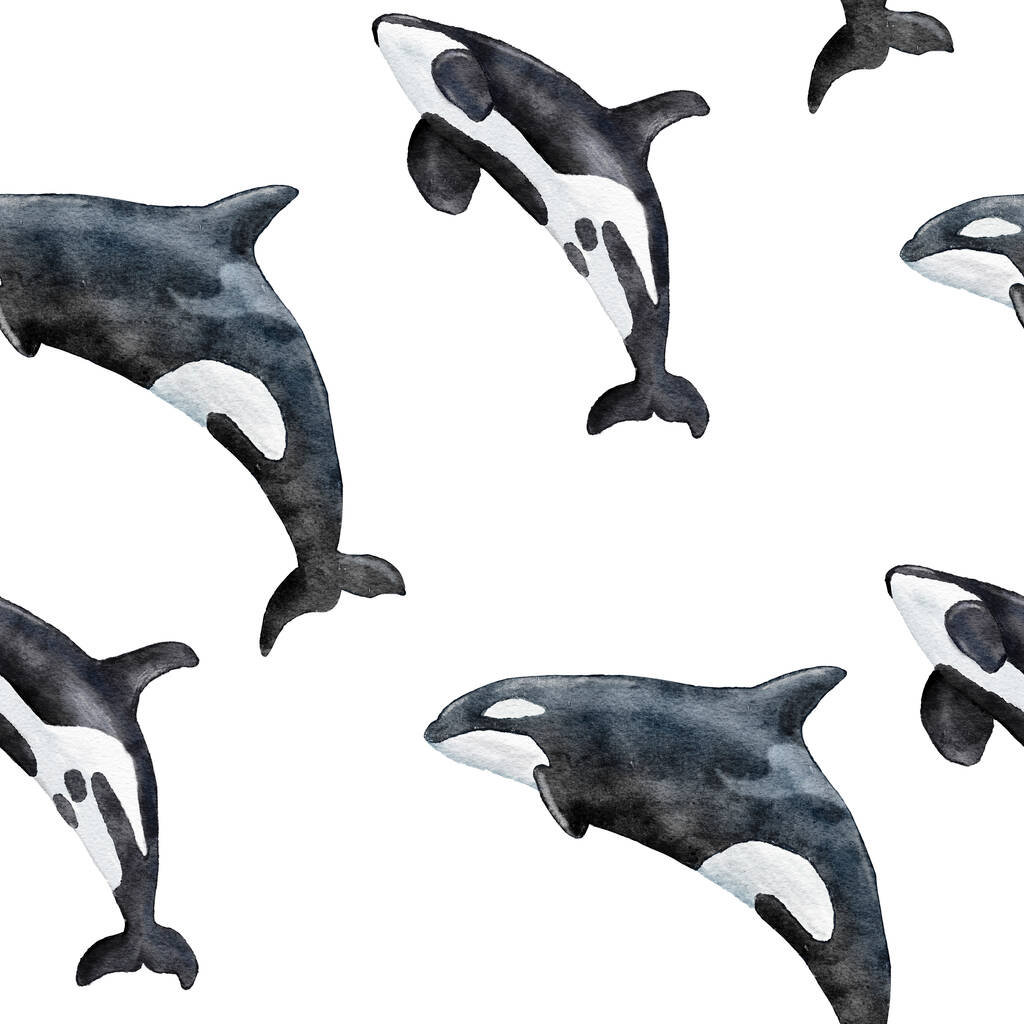
Ethical Considerations in Orcas Research
Welfare and Well-being of Orcas
In researching Orcas, their welfare is crucial. They are majestic and deserve respect. Our methods must avoid harming or stressing them. A stressed Orca won’t cooperate in studies. We must balance collecting data with their comfort and happiness.
Balancing Research Objectives and Animal Rights
We, as scientists, strive to discover new knowledge and expand what we understand. But it’s important to also consider the rights of animals, including Orcas. We need to find a middle ground between our research goals and the ethical care of these impressive animals.
They are not participants by choice in our studies. Therefore, it is our duty to make sure our research does not violate their rights or harm them. We can study Orcas without interfering too much or taking advantage of them.
Implications of Orcas Research for Conservation and Management
Conservation Strategies and Policies
Orcas are fascinating and important to marine ecosystems. Our research on Orcas affects conservation plans and policies. Studying their behavior, migration, and ecological roles helps us create better conservation strategies. These strategies protect Orcas and their homes. So, let’s put on our lab coats and research deeply. This way, we help conserve these amazing creatures.
Captivity and Orcas in Entertainment
The topic of keeping Orcas in captivity is controversial. We study these marine mammals to understand how captivity affects them. This includes their physical and mental health. Our research helps us think about whether it’s right or wrong to keep Orcas for entertainment. We use our findings to join conversations and support better treatment of Orcas. After all, shouldn’t these amazing animals be living and playing in the wild, where they belong?
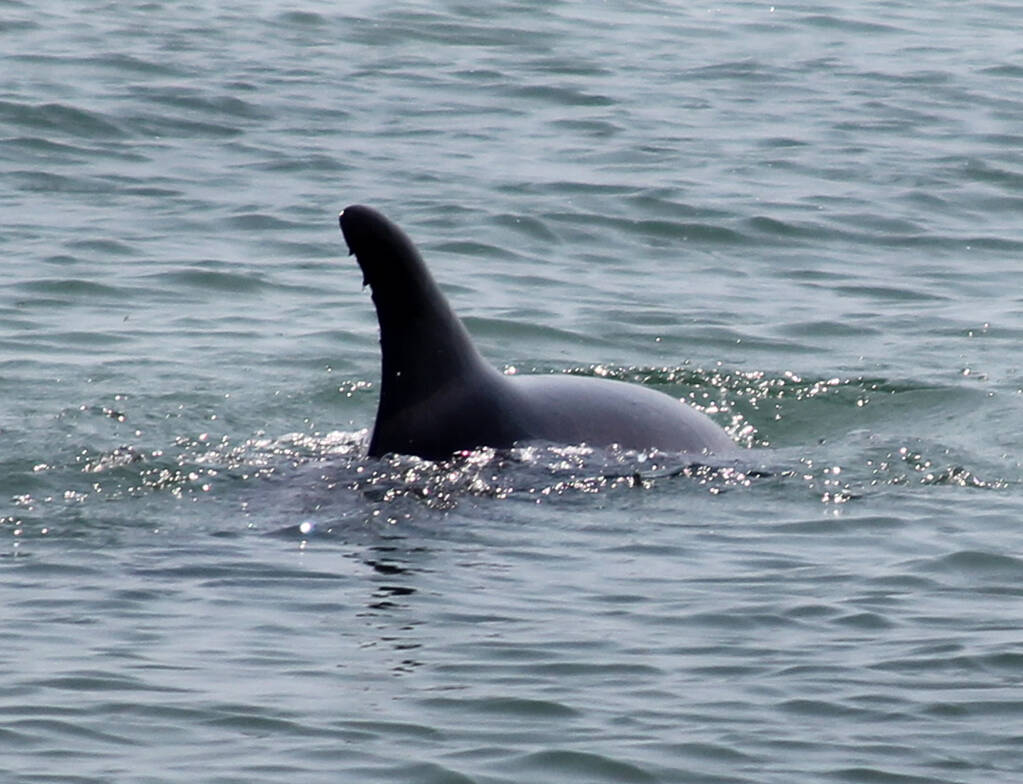
Future Directions in Orcas Research
Advancements in Technology and Approaches
Technology and science constantly advance. This is also true for Orcas research. We now use new tools like drones and underwater cameras to study Orcas. These tools help us watch Orcas without disrupting their environment. We should welcome these modern methods. They will help us learn more about these large marine creatures.
Unanswered Questions and Areas for Further Study
We’ve made a lot of progress, but we still know very little about Orcas. These mysterious animals have secrets we haven’t discovered yet. There are many questions that need answers. We have to study their complex communication and social structures. There are many mysteries in the ocean. Let’s take our waterproof notebooks and start exploring. It’s exciting to take on a scientific challenge.
Conclusion
In short, studying orcas has taught us a lot about their complex lives. This information is crucial for protecting them. We know more about their behavior, environment, and social interactions now. This knowledge helps us keep them safe and thriving. With better technology, we expect to learn even more about these amazing animals. By staying curious and ethical in our research, we can understand orcas better. Our goal is to live peacefully with them in the ocean we both call home.
Frequently Asked Questions (FAQs)
1. Why are orcas often referred to as killer whales?
Orcas, also known as killer whales, are excellent hunters. They sit at the top of the food chain and eat many marine animals, like fish, seals, and other whales. Despite their name, they don’t pose a danger to humans in their natural habitat.
2. How is scientific research on orcas conducted?
Researchers study orcas using various methods. They directly observe them and use photo-identification. They listen to orcas with acoustic monitoring and track them by satellite tagging. They also analyze their genes. Scientists look at orca behavior, social groups, diet, and where they travel. This helps us learn about orcas and protect them.
3. What are the ethical considerations in orcas research?
Orcas are smart and aware creatures. It’s important to consider ethics in research with them. Scientists should protect the orcas’ health and happiness. They must follow rules for non-harmful research. People argue about the ethics of holding orcas captive for studies or shows. There are worries about their physical and mental health.
4. How does orcas research contribute to their conservation and management?
Scientific studies of orcas are vital for their protection and care. These studies help us understand their habits, what they need in their habitat, and how their groups change and grow. This understanding lets us create specific plans to save and look after their homes in the wild. What researchers discover also guides the creation of laws and rules. These aim to reduce dangers like pollution, too much fishing, and the destruction of habitats. All this work is to make sure orcas can survive for a long time.

